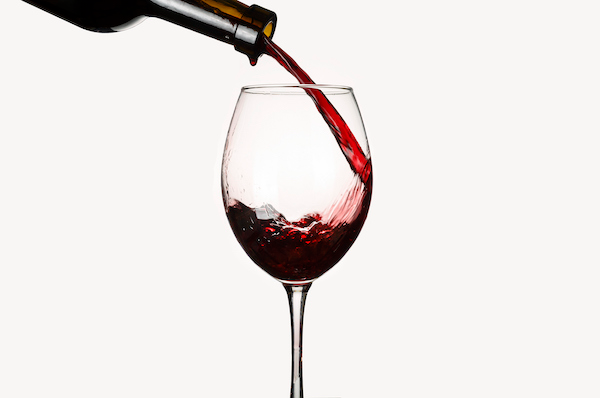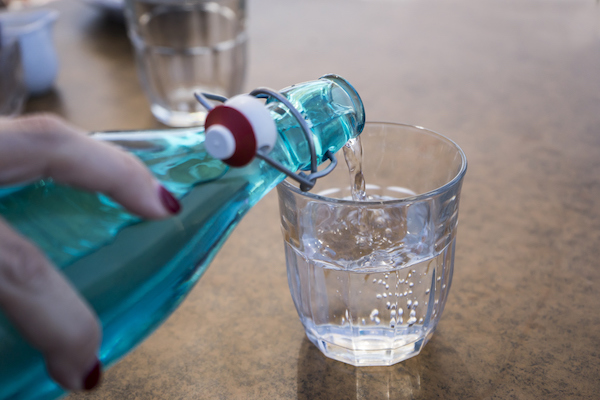Between boozy work parties and your favorite aunt’s homemade eggnog, it’s easy to let December fly by in a whirl of alcoholic cheer.
Why not consider participating in Dry January? This increasingly popular trend of abstaining from alcohol during the first month of the year not only provides an opportunity to cut down on overindulgence in December, but it may also help you make better long-term decisions about when and how you drink. Decide.
Who invented Dry January?

The idea of giving up drinking after a holiday may not have had a single inventor, but it was popularized in 2012 by Alcohol Change UK. In 2018, more than 4 million people pledged to give up alcohol throughout January.
While the original purpose of Alcohol Free January is to help people think more clearly about the effects of drinking, the benefits of Alcohol Free January can be felt by anyone who commits to not drinking for 31 days.
What are the benefits of Dry January?

The benefits of Dry January go far beyond losing a few hundred (or thousands) of empty calories each week. Giving up alcohol for a month may bring many benefits, including:
- personal accomplishment
- save money
- Improve energy
- better skin
- Highly concentrated
The benefits of abstaining from alcohol for a month tend to last beyond the period of strict sobriety. People who committed to abstaining from alcohol in January were more likely to continue drinking less in August. Trying a sober month is also a great way to re-evaluate your overall relationship with alcohol, the benefits of which can last all year long.
Are there any health benefits to giving up alcohol?
Anyway, yes. Although conventional wisdom has long held that drinking alcohol in moderation is good for your health, recent research suggests that drinking even small amounts may not be good for you.
Drinking alcohol causes a general weakening of the immune system, which means people who drink regularly are likely to get sick more often and for longer.
Tips for a Dry January

So you decide to try Dry January. Excellent! Here are some tips to help you stay focused from hazy New Year’s morning to the first day of February.
1. Record your progress
Keeping track of your drink-free days can help confirm your commitment and keep you motivated to continue.
2. Try to replace drinking with other activities
Pick up a new book, start a new hobby, or try a new fitness routine. If you need some inspiration, some options from BODi include:
3. Try non-alcoholic alternatives
If you enjoy the social aspect of drinking but still want to survive the month of “no booze,” consider trying a mocktail or other non-alcoholic drink that mimics the drinking experience without any alcohol.
4. Find different ways to reward yourself
Go to a spa, get a massage, watch a movie – do something that makes you feel good about yourself that doesn’t involve drinking.
In short, giving up alcohol for a month will not only improve your current health and well-being, but it can also have many long-term benefits.
So, after you’ve put away your Christmas lights and downed your gingerbread-themed cocktails, why not consider alcohol-free January? What a great way to start a healthier new year!
